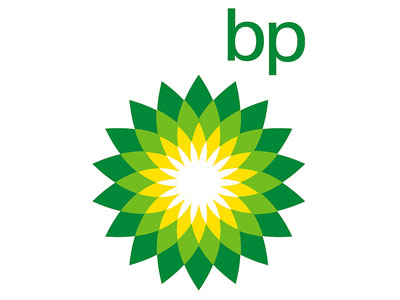BP understated oil flow amount due to "vested financial interest"
 BP had a "vested financial interest" in understating the flow of oil into the Gulf of Mexico in initial reports, a White House official suggested on Sunday.
BP had a "vested financial interest" in understating the flow of oil into the Gulf of Mexico in initial reports, a White House official suggested on Sunday.
Carol M. Browner, the White House climate and energy adviser, said on CBS's "Face the Nation", "It's important to understand that BP has a financial interest in what those flow rates are. They will ultimately pay a fine based on those rates."
Browner said, "When we look back over the last 35, 38 days, we do realize there were some places where we could have moved more aggressively. One of them was asking for all the data which we needed to do these (oil) flows, but it is important for people to understand BP has a vested financial interest in downplaying the size of this."
"The very, very first estimates came from BP. They had the footage of the plume. The government then did satellite imagery and we realized that those figures were not accurate," she replied when asked directly if BP lied in initial estimates.
Robert Dudley, BP's managing director, disputed that later on the CBS program.
He said, "The best way to measure those early rates or estimate those early rates were from satellite data, not BP data."
He also criticized "alarmist" spill estimates as high as 70,000-100,000 barrels a day.
Initial estimates suggested 5,000 barrels a day leaking. The latest estimate, Browner said, is 12,000-19,000 barrels a day.
Browner said government scientists led by Energy Secretary Steven Chu told BP to halt the "top kill" effort, pumping heavy mud to try to stem the oil leak, because of dangerous levels of pressure it caused in the well. She said the government also ordered BP to dig two relief wells to try to permanently stop the leak instead of one, as the British oil giant had proposed. (With Inputs from Agencies)